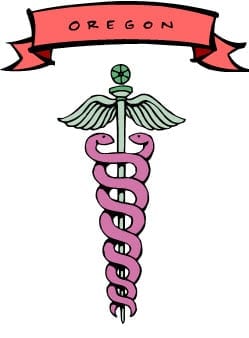Deadline for consumers to purchase coverage is rapidly approaching
For those without health insurance coverage, time is running out to acquire coverage in the United States. The open enrollment period for insurance exchanges will come to an end on January 31 this year. After the enrollment period is over, consumers will no longer be able to use exchanges to purchase health insurance coverage, except in some special cases. Currently, those without coverage can find policies through HealthCare.gov, the exchange system established by the federal government.
Uninsured consumers will face a federal penalty for not having the coverage that they need
Those without health insurance will face a federal penalty. The uninsured will be fined for 2.5% of their annual household income, or $695 per uninsured adult plus $347 per uninsured child, whichever is greater. State and federal officials have been encouraging consumers to purchase health insurance policies in order to avoid the fine. In some states, enrollment deadlines for those wishing their policies to be active on January 1 of this year were extended in order to help consumers avoid fines.
Oregon relies on federal exchange system to provide consumers with access to health insurance coverage
 In Oregon, some 133,770 people have used the HealthCare.gov site to find the coverage that they need. This is approximately 20% higher than the number of people that purchases health insurance during the 2014 open enrollment period. Oregon’s original exchange, called Cover Oregon, was managed by the state, but suffered from many problems, making it impossible for some people to acquire the coverage that they needed. The state has been using the federal exchange system since last spring.
In Oregon, some 133,770 people have used the HealthCare.gov site to find the coverage that they need. This is approximately 20% higher than the number of people that purchases health insurance during the 2014 open enrollment period. Oregon’s original exchange, called Cover Oregon, was managed by the state, but suffered from many problems, making it impossible for some people to acquire the coverage that they needed. The state has been using the federal exchange system since last spring.
Cost of insurance coverage is a burden for some consumers
Some have opted to avoid acquiring health insurance policies due to the high cost associated with coverage. The federal government does, however, offer subsidies, which cut down on the cost of policies by a considerable margin. According to the Department of Health and Human Services, the majority of those receiving coverage through exchanges are also receiving subsidies from the federal government.
